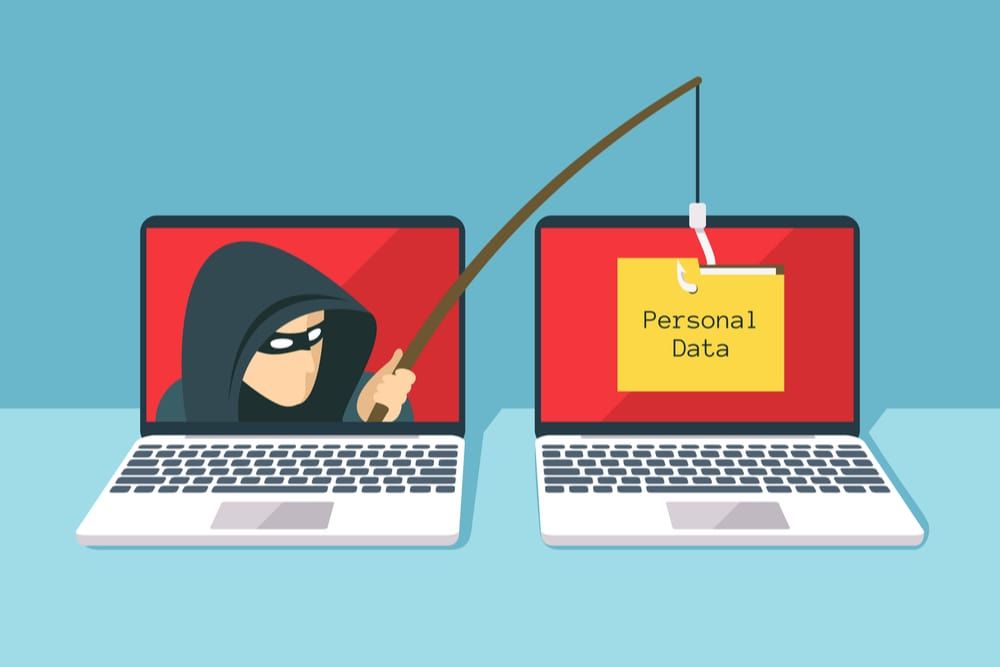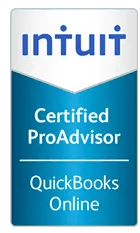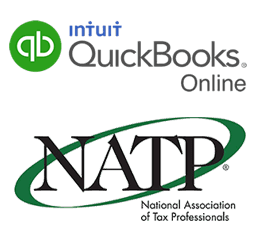Prevent Fraud In The Workplace: Protect Yourself!
I was told that you have to work hard for what you EARN, yet the news reports that fraud in small businesses increase each year due to the increased financial pressures we are in. Call me naive, but my mind just doesn't work that way.

Not too long ago, I received a call from another tax preparer informing me that an employee was caught stealing. This employee was writing checks to pay her personal bills and hiding the expenses under a job materials category. It added up to be thousands of dollars and when I arrived at their office, the police were there gathering the information to press charges. The owner was devastated!
Call me naïve, but my mind just doesn’t work that way. Fraud…how is it that people think of these things in order to steal? I was told that you have to work hard for what you EARN, yet the news reports that fraud in small businesses increases each year due to the increased financial pressures we are in.
Fraud occurs when a person has financial pressure and opportunity.
Here are some examples
of how employees can attempt to steal:
1. Using a blank check to pay a personal bill
2. Using a signature stamp
3. Creating fake invoices for clients/customers to pay so they can collect money
4. Pay bills to a fake vendor
5. Altering checks – either the payee or the amount
6. Check washing – actually washing the check and reusing it for personal gain
7. Setting up a fake business bank account for clients/customers to deposit funds
8. Using business credit cards to charge personal expenses
9. Processing payroll for fictitious employees
Fraud generates $50 billion dollars annually.
Here are a few things you can
do to prevent it from happening in your business:
1. Separation of duties: The person that makes the deposits is not the same person that reconciles the bank account. No single person can authorize, process and record transactions.
2. Go paperless: If you don’t have check stock, checks cannot be manipulated.
3. Regular Internal Audits : Look at check images with signatures monthly/quarterly/annually. Review invoices for accuracy.
4. Payment Controls: Limit access to bank accounts; only have one person approve payments.
6. Background Checks: Do employee background checks before hiring; credit history will provide a glimpse on how he/she will handle business money and/or if he/she is struggling financially.
7. Recognizing the Signs: Perpetrators will not take vacations so they protect and hide their violations. Is there unexplained debt or missing financials? Is an employee living beyond his/her means?
8. Be Proactive: A business owner must pay attention and keep their eyes on the business. Don’t be too busy to review transactions or financial reports. Let your employees know you are watching.

















